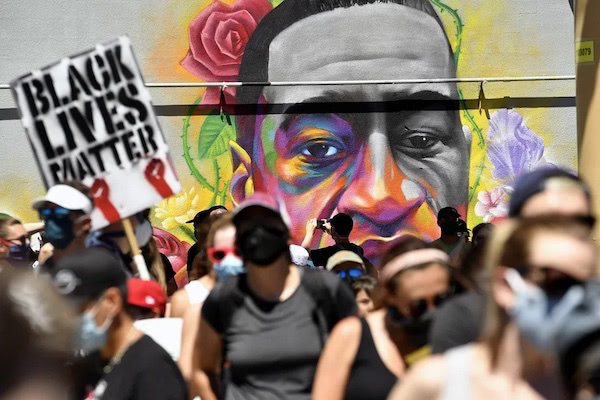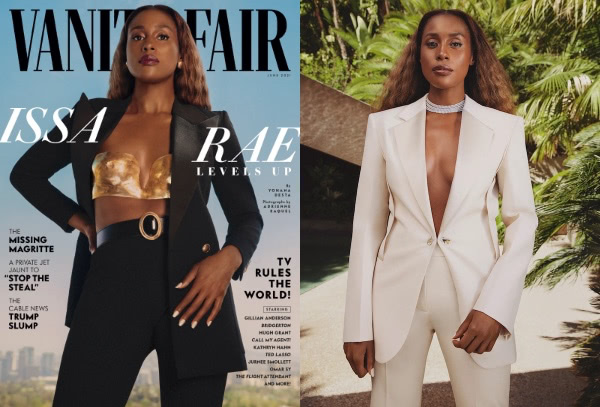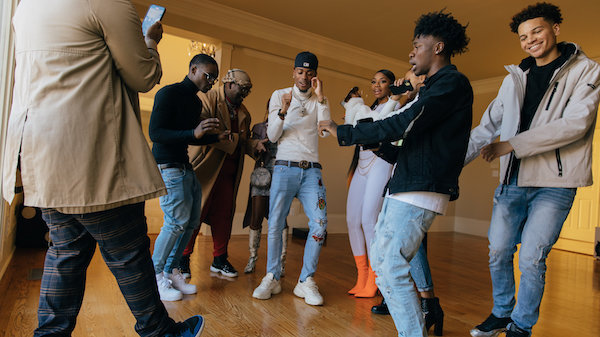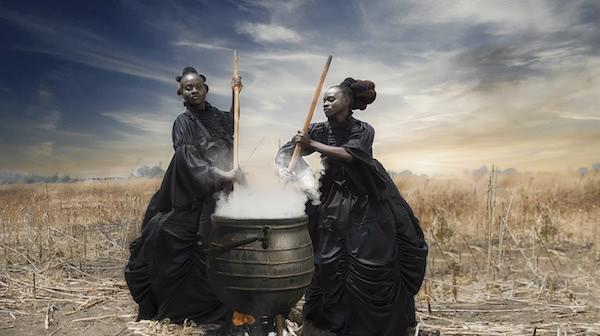One year after #BlackoutTuesday, what have companies really done for racial justice?

Yume Murphy, reporting for Vox:
The Black Lives Matter (BLM) movement, by far the largest of its kind, would receive more than $90 million in donations while organizing over 7,750 demonstrations in the US alone between May and August 2020. Online, social media users were quick to take advantage of their digital platforms, informing followers about racial injustice through the sharing of infographics and what artist and educator Mandy Harris Williams aptly titled “critical caption essays.”
The protests and posts made a difference. Minds across the country were changed on the topic of racial injustice. Pressure mounted for corporations to take a stand.
Hundreds of businesses rushed to release pledges committing to upholding racial justice within their organization. But did any of these companies do more than commodify a movement? A year later, have any of these companies transformed themselves for the better?
I’m surprised to learn of the lack of support from Fashion Nova, a brand that wouldn’t exist without the support of Black influencers and consumers. Murphy also checks up on Nike, Nordstrom, and Sephora.
Naomi Osaka Is Part of a Larger War Within Sports
Osaka, the highest-paid female athlete ever, dropped out of the French Open on Monday, after announcing, in order to protect her mental health, she would not attend media interviews during the tournament.
Jemele Hill, writing for The Atlantic:
Critics quickly portrayed Osaka as shirking one of her fundamental duties: communicating with the public. In reality, the episode laid bare some of the deeper tensions in big-money athletics. Who controls a sport—the leagues that organize the competition, or the athletes who actually play? When athletes have direct access to fans via social-media platforms, what role should traditional sports media play? And when athletes, particularly athletes of color, feel mistreated by tournaments, sports leagues, and media outlets alike, what recourse do they have?
The Brewing Political Battle Over Critical Race Theory
Barbara Sprunt for NPR:
Last month, Republican lawmakers decried critical race theory, an academic approach that examines how race and racism function in American institutions.
“Folks, we’re in a cultural warfare today,” Rep. Ralph Norman, R-S.C., said at a news conference alongside six other members of the all-Republican House Freedom Caucus. “Critical race theory asserts that people with white skin are inherently racist, not because of their actions, words or what they actually believe in their heart — but by virtue of the color of their skin.”
Rep. Lauren Boebert, R-Colo., added: “Democrats want to teach our children to hate each other.”
Issa Rae on ending ‘Insecure’, her multimillion-dollar production deal, and more

Yohana Desta profiles Rae for Vanity Fair:
Rae recently signed an overall production deal with HBO’s parent company, WarnerMedia, said to be worth $40 million. She now has so many ventures in the works that she bought a building seven minutes from her home to serve as her headquarters. With Insecure set to end after its fifth season this year, Rae’s future is a little more open, a little less defined by the demands of a TV production. She’s 36 and has nailed a lifetime’s worth of vision-board visions in less than a decade.
Who gets to be an influencer?

Taylor Lorenz for the New York Times:
Black creators have made and popularized some of the internet’s biggest trends, Lorenz reported, but they receive fewer deals from big brands and they’re consistently paid less than their white social media peers.
A new documentary by The New York Times follows Collab Crib on a 90-day blitz to rack up followers and win over sponsors. Watch as they pursue their dreams of internet stardom while contending with a society — and social media algorithms — that seem to put them at a persistent disadvantage.
Tamary Kudita’s ‘African Victorian’ series

Diane Cole, reporting for NPR:
Her goal in “African Victorian,” Kudita says, is to make visible in her work the impact of her country's colonial experience on African life and identity today.
Venus dunks on approximately 100% of the press
In the wake of Naomi Osaka’s withdrawal from the French Open, someone in the press pool asks Venus Williams how she deals with the media, she immediately takes flight from the free throw line…
Thanks for reading. See you next week.
